There is something deeply unsatisfying about Hunter‘s second season coming two years late. What little steam that was built up over the release of Season 1 quickly dissipated once the pandemic hit and productions in Hollywood shut down. And this despite being produced by Jordan Peele, despite being Al Pacino’s first ever TV role, and despite being set in the 70’s, be about Nazi hunters, and have some truly gruesome, technicolor kills. Once you miss that 12 month follow up window, most of the interest drops.
Questions get asked. Is the show canceled? Is it even coming back? Is it even worth checking out now? It leaves audiences in limbo, unsure of whether to care and commit, or not.
Too Little Too Late
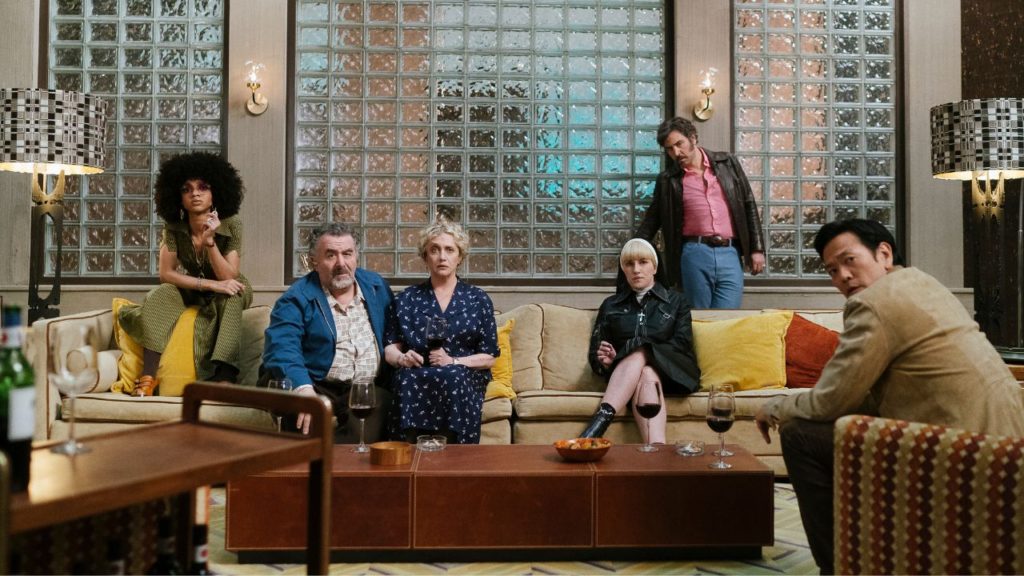
Unfortunately for Hunters, its big, Season 1 ending ended up being overshadowed by much bigger problems in the world, meaning that this sophomore season arrived with more of a whimper than a bang.
I really enjoyed the first season of Hunters. It wasn’t the best thing on television that year, but it had enough “big ideas” to make it an appealing one. A series, starring Al Pacino as the mastermind of a group of vigilantes that hunt and kill escaped Nazis, set in the groovy 1970s? Yeah, it tickled me enough to keep me interested.
Even with the two big revelations that come at the end of Season 1 (revelations that I had forgotten mind you), Season 2’s release felt too little too late. Coupled with the announcement that the series will be wrapping up with these eight episodes, I was curious to see how they’d handle all those dangling threads, and if they’d be able to tie it all up into a nice bow. And they were able to deliver a nice little bow. Albeit a little loose.
The problem was that I found myself mostly disinterested with the first six episodes of this season. So much had happened off screen that wasn’t really being addressed, but felt necessary in order to move the story along. These characters that I had followed in the first season were no longer the same people. They had embarked on other adventures without us and we were stepping back into the story to see the fallout and repercussions of those off screen actions. It wasn’t that I felt cheated out of these adventures. I mostly felt like I didn’t care about them. And thus there was little to no weight to those unseen actions.
A Gear Shift and a Tone Change
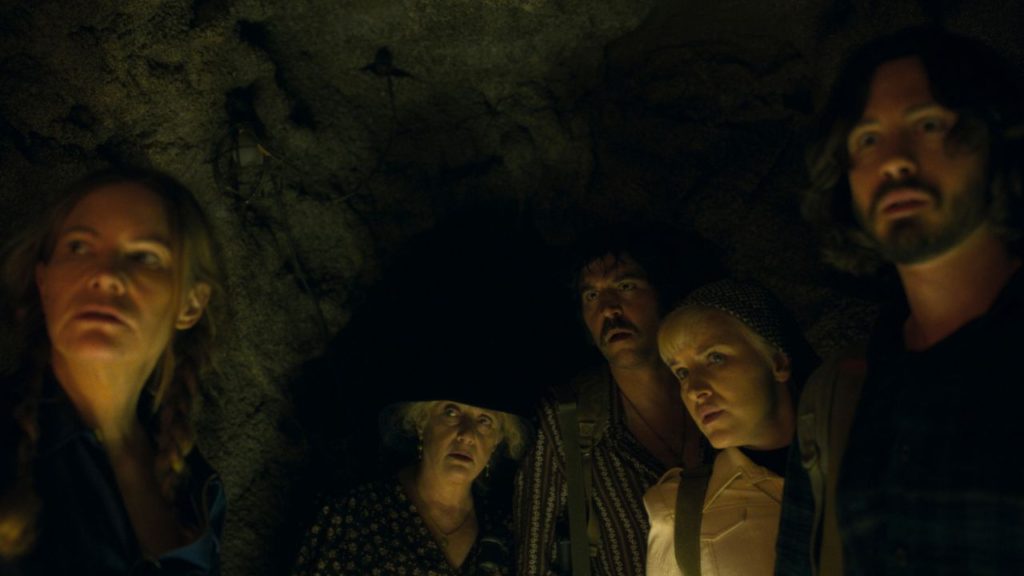
But something changed in the sixth episode. I’m not quite sure if it was the show, or if it was me, but after getting through five episodes over several days, something shifted in episode six that made me sit up and fall in line. It wasn’t that the previous episodes felt like a slog, just that the last three episodes of the final season of Hunters, made the entire run kind of worth it.

The following paragraphs will be filled with spoilers for the entire series. Season one’s big note endings will be addressed, as well as episodes seven and eight. I’m not your mother so I won’t say stop reading if you haven’t seen the series, but I will say that you have been warned so don’t come crying to me.

ACHTUNG BABY!
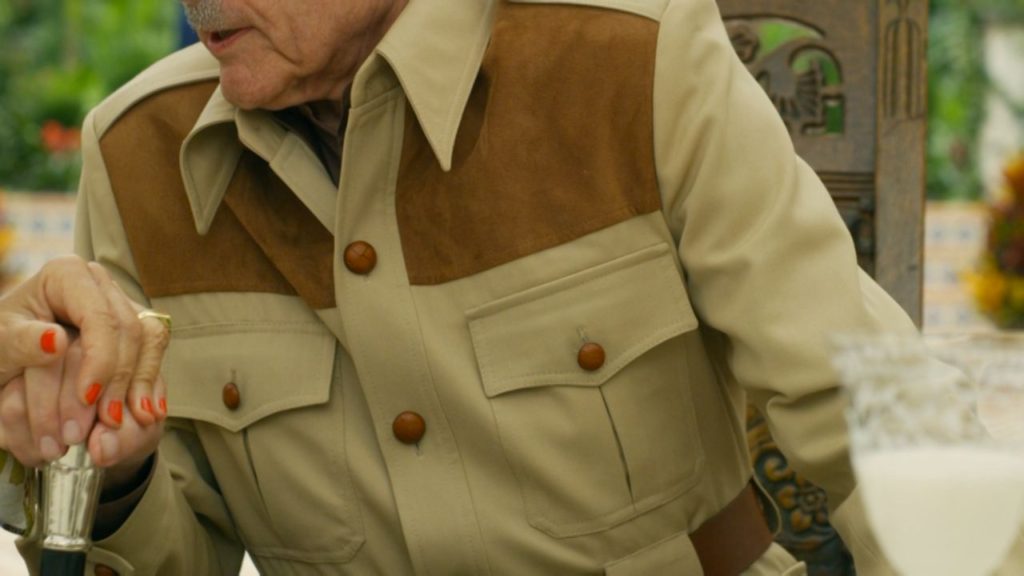
First, the aforementioned big note endings. In episode ten of Season 1, we find out that Al Pacino’s Meyer Offerman isn’t actually a holocaust survivor, but in fact Wilhelm Zuchs, the Nazi doctor that tortured Jewish prisoners at Auschwitz. Jonah, in a fit of anger, kills Offerman/Zuchs, and then breaks it to the rest of the team. We then find out that the Colonel, the big boogey woman the Hunters had been hunting through it all, isn’t just alive, but actually Eva Braun herself. The Colonel had taken Joe Mizushima to Argentina where he is introduced to a very much alive Adolf Hitler.
The first five episodes of Season 2 concerned itself with these revelations and the fallout from them. Our Hunters are scattered in the wind, either retired, or on their own separate adventures. But the series, either by design or forced by circumstance, also splits its episodes to tell the story of two different timelines: the Hunters’ current quest in 1979 to hunt down Adolf Hitler, and Offerman/Zuchs’ creation of the Hunters team in 1976.
Here’s the thing. With where the series left off in Season 1, this feels like the best way to go about it. Was this split approach what they had planned to do all along, or was it something they had to shoehorn in once they were told it would be their last season? We don’t know. But it was an organic way of dealing with those the two big revelations of Season 1 and the limited time the writers had found themselves in.
The First Half of the Second Part
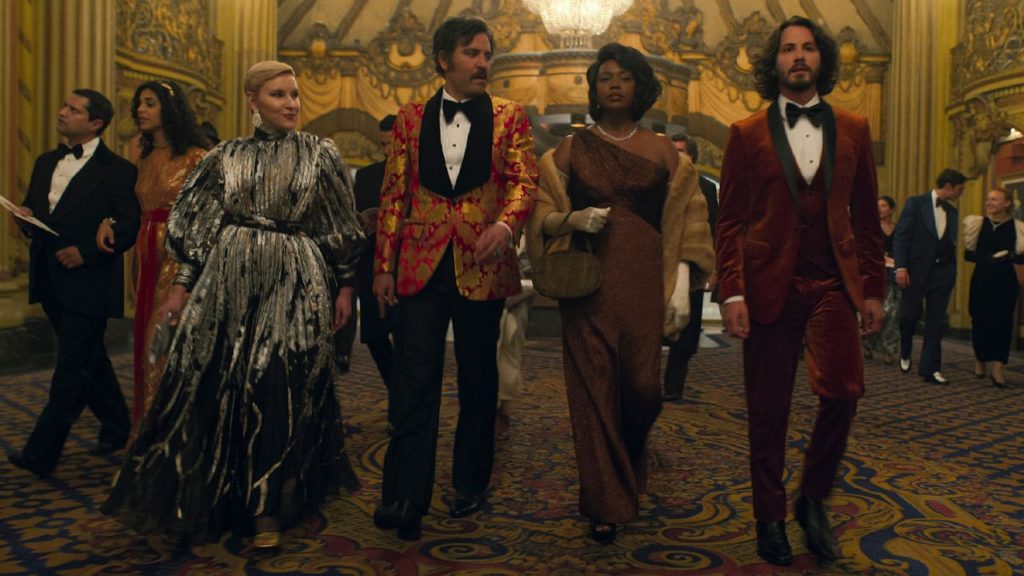
That said, the early episodes of Season 2 felt weightless. Despite a very clear direction in story (Hitler is alive!), it just didn’t feel as propulsive as season one. There was a lot of story that needed to be told in both timelines. In 1976, we see Offerman meeting Ruth Heidelbaum (Jonah’s grandmother), coming around to the creation of the Hunters, and murdering former Nazi colleagues, all while trying to hide his real identity. In 1979, we follow Jonah and Harriett on their own separate Nazi hunting mission, before he and FBI agent Morris find the rest of the gang, and team up with his long-lost-formerly-thought-to-be-dead grand-aunt, who is also a Nazi hunter. And finally there is the story of Joe and how he went from Nazi Hunter to Nazi enforcer.
The final moments of episode six though were a game changer. In the last 15 minutes of the episode, we bear witness to the Hunters’ attack on Adolf Hitler’s compound. After having snuck in through a secret tunnel, the Hunters find themselves in the centre of the compound, facing the members of Hitler’s Aryan army. A firefight ensues, creating a distraction for Jonah, allowing him and his grand-aunt to sneak into Hitler’s house and take him.
In the final minutes of the episode, Jonah, having successfully captured Hitler, is walking him back through the secret underground tunnel towards justice. As Jonah walks this monster, he realises the eyes of a people are on him. The ghosts of all of Hitler’s victims are there, standing shoulder to shoulder, to watch this walk of shame. Some smiling at Jonah for what he’s been able to do, some, even in death, shrinking away at the sight of Hitler himself. It is a moment of real poetry and of real pain. The catharsis of this perp walk, as fictionalised as it may have been, still felt real.
The Second Half of the Second Part
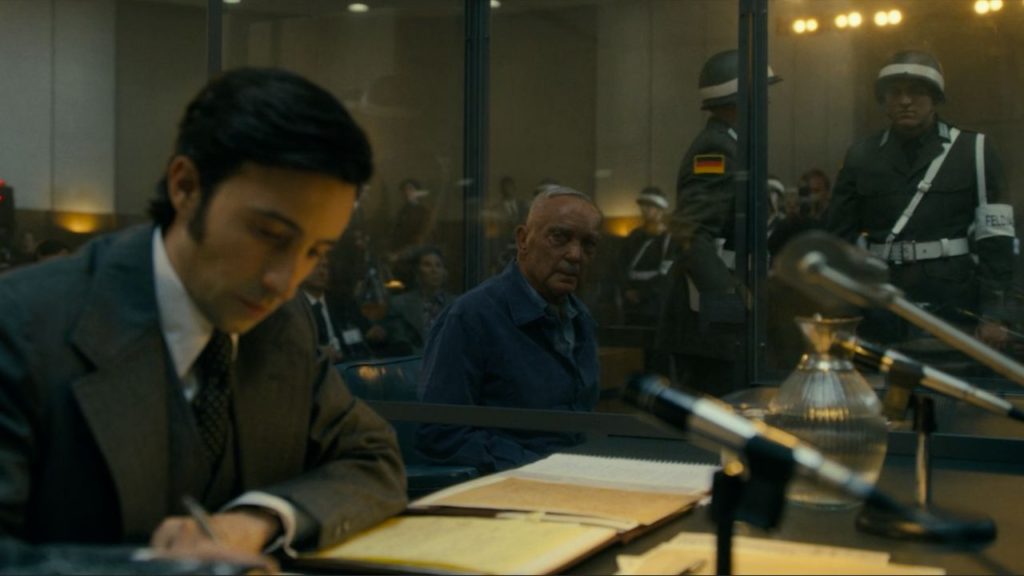
Episode seven was something of a bottle episode. After the attack on Hitler’s compound and his capture in the previous episode, episode seven cuts to an idyllic home in the German countryside, during the early days of the war. The home, built and inhabited by an old German couple, becomes the setting of a slightly surreal, almost Tim Burton-esque Home Alone look at what the Jews of Europe had to deal with during World War 2. It’s a strangely beautiful, strangely funny, strangely heart-warming (if it wasn’t so horrific) reminder of the injustices perpetrated by the Nazis on a whole community of people. It was a timely pause in the series, just as we were getting desensitized to the idea of killing Nazis.
Episode eight, the series finale, is simply titled: “The Trial of Adolf Hitler,” and concerns itself with just that. It spends three quarters of its runtime in a fictional tribunal for this monster, doing to him what he never afforded an entire community of people. He was brought to trial in front of the whole world and he was judged.
In this one episode, Hunters creator David Weil and writer Charley Casler, demonstrated the value of “historical reimagining.” They could have so easily gone down the route of revenge porn. To do to him what he had so brazenly done to six million Jews. But instead, Weil and Casler treated him like a human being and not a monster. Their Hitler was made to sit in a glass box and face his accusers. There, Hitler was made to listen to the prosecutor – a Jewish Black man – list his monstrosities and argue for his guilt.
And probably worst of all, their Hitler was made to sit and listen as a young Jewish lawyer argued on his behalf. To argue for the rights of this man, to be treated as a man, in a court of law, and not just as a monster. Weil and Casler made their Hitler answer for his crimes of genocide. It was moving. It was riveting. To imagine a courtroom where a tribunal was made to sit and judge Adolf Hitler was a masterstroke.
The final two episodes proved to be the key to the success of Hunters’ second and final season. I wasn’t sure if I’d be writing a review of it halfway through, but at the end of that masterful, powerful 60 minutes of television, I knew that I had to talk about it.
The second season of Hunters is not peak TV. But it’s final two episodes made everything that has come before it worth the journey.

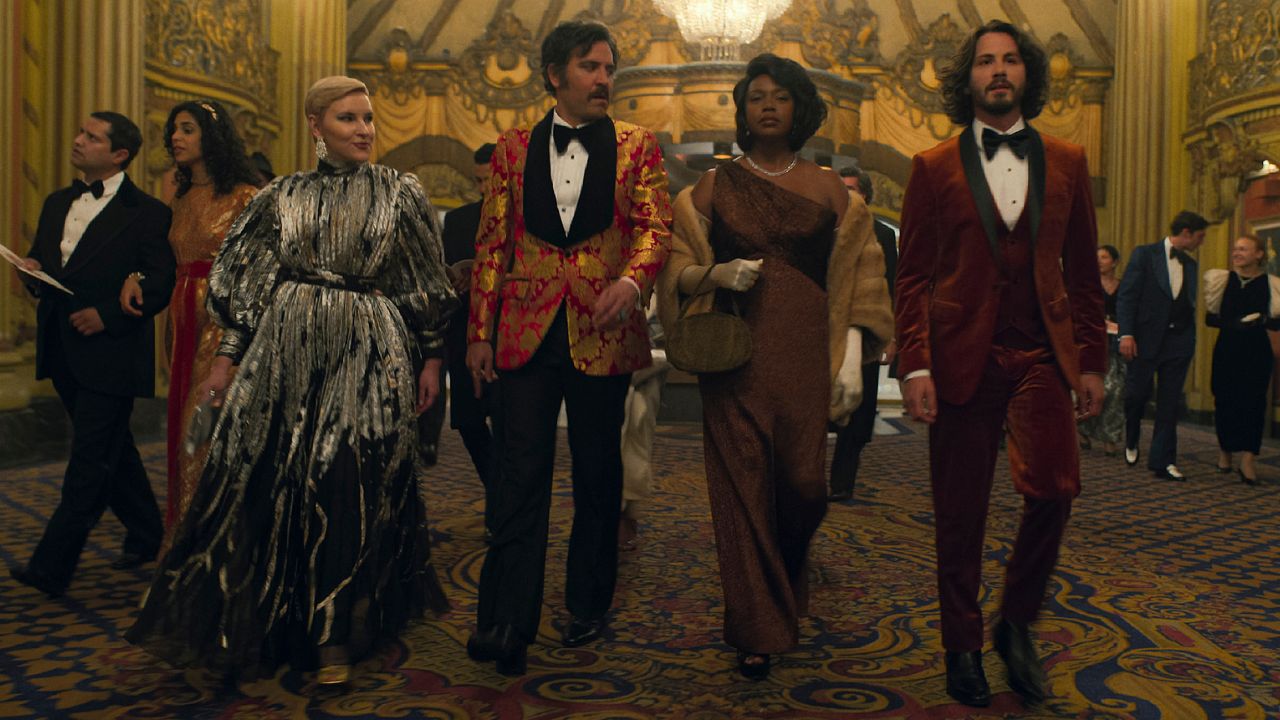
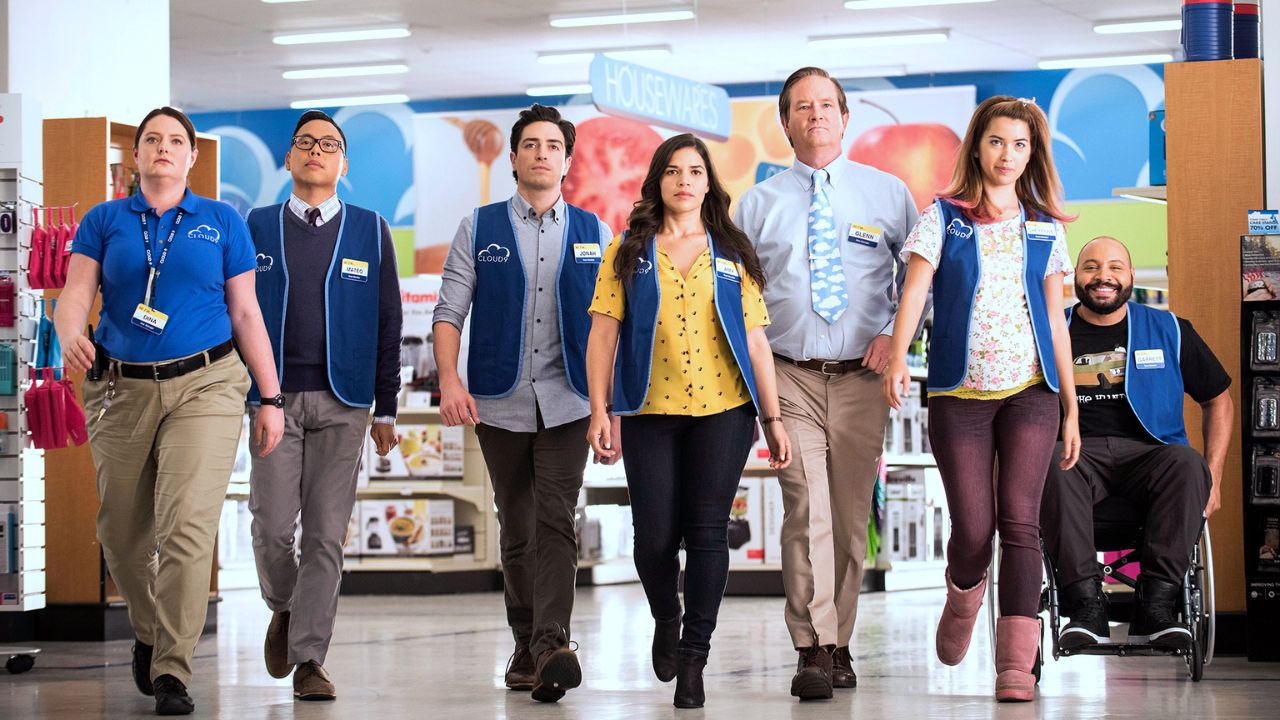
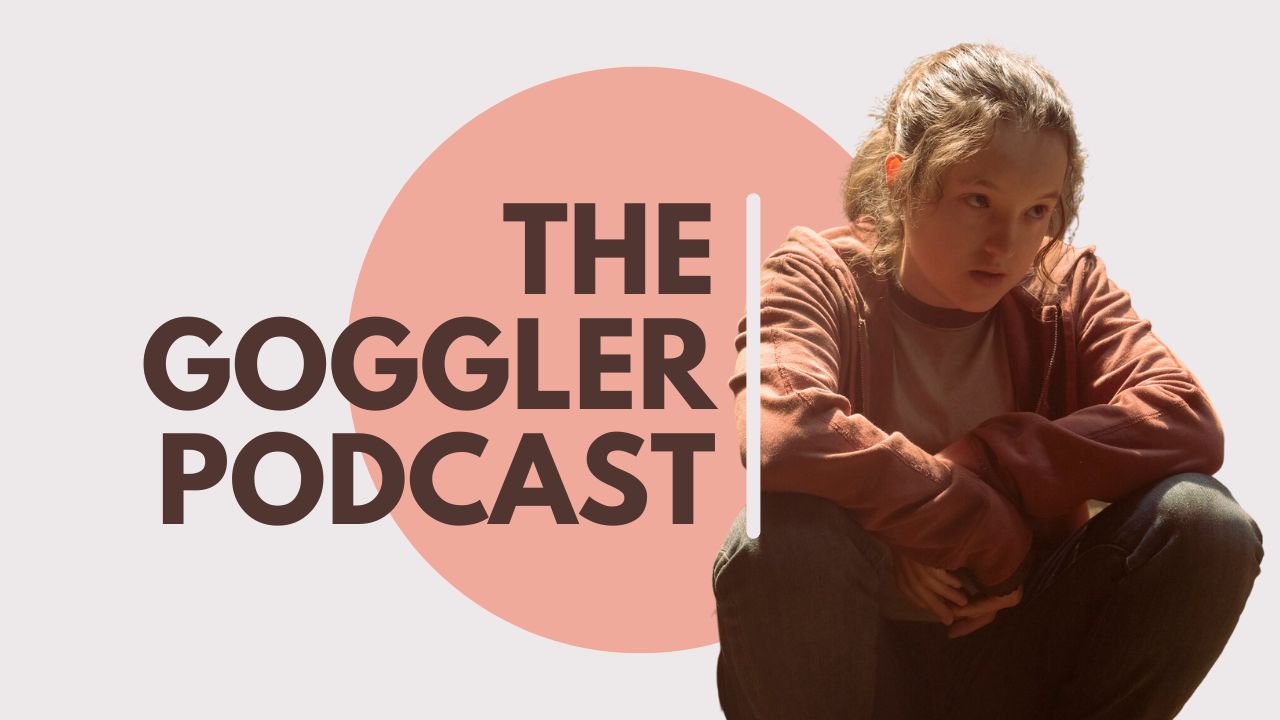
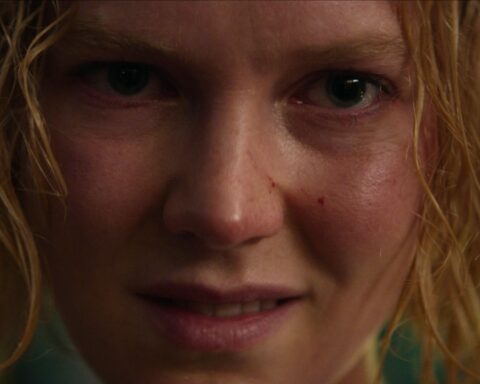

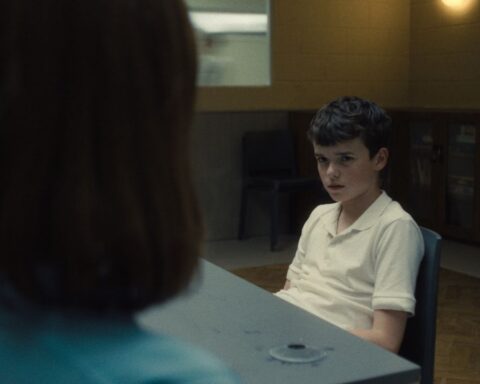
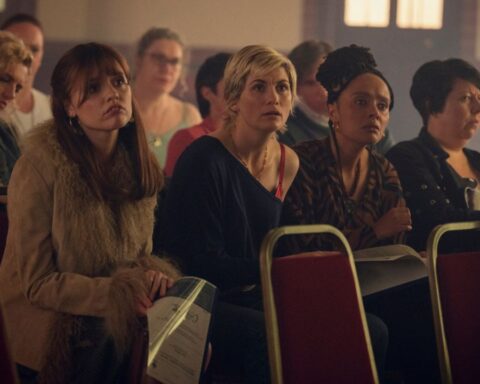
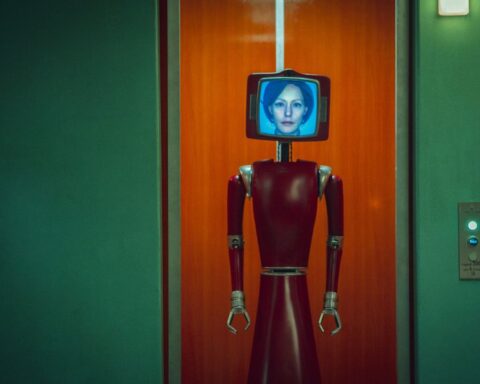
Follow Us